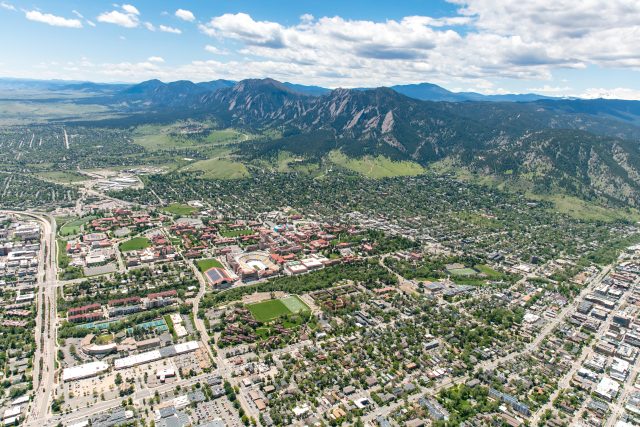
Candidates
We sent questionnaires to each of the candidates running for Boulder City Council and Mayor in 2023. Visit this page to see each candidate’s answers.
Mayor
First choice: Aaron Brockett
Second choice: Nicole Speer
Third choice: Bob Yates
Fourth choice: Paul Tweedlie

This is the first year Boulder will choose its mayor in a ranked-choice election. Voters will be able to indicate a first, second, third and fourth choice for mayor. We’ve listed our endorsement above in order of preference.
Aaron Brockett was elected by fellow council members as mayor in 2021. Prior to that, he served on Council for eight years. That’s what stands out most with this candidate: experience. He knows City processes, and who to turn to for what. Perhaps of equal importance are his connections in the county and state, which are essential collaborations to solve regional and statewide issues, along with those in the city, who can help tackle issues like homelessness, climate action and transportation. Various endorsements from elected officials, like Gov. Jared Polis, Boulder County Commissioner Ashley Stolzmann and all eight state legislators who represent Boulder County, give a glimpse into those connections.
But it’s not just the time Brockett’s spent representing Boulder, it’s also what he’s achieved. Over the last 10 years, he’s contributed to passing ordinances on issues like increasing affordable housing, gun violence prevention, immigrant protections and flood mitigation. He’s active in the community and has established connections with people from a variety of backgrounds by studying Spanish and frequently attending local events for nonprofits, schools and community groups. While homelessness and affordability have worsened during his tenure, Brockett supports creating more transitional housing and mental health and substance use treatment options, and is a proponent of revising zoning codes and permitting processes to increase affordable housing options like accessory dwelling units and triplexes. He knows the importance of a balanced approach to meet people across the aisle in creating successful policy.
Nicole Speer is our second choice endorsement because she has time remaining on Council: If Brockett is re-elected as mayor, Speer will remain on Council; if Speer is elected mayor, Brockett is off Council. While we see both of these candidates as capable leaders in the mayoral seat, we also want both of these minds shaping the direction of our City. Speer is dedicated to bringing diverse perspectives into her decision-making, and we think her evidence-based approach to policies make her stand out as a leader in the community. If she doesn’t win this year, we want to see her run for mayor again.
Bob Yates gets our third preference for mayor. While we don’t agree with Yates’ support of initiatives like Safe Zones 4 Kids, or his flip-flopping on rent control, or his defense of increased enforcement of laws against people experiencing homelessness, we do agree with his support of the arts, the daytime shelter for the unhoused, the middle-income down payment assistance program and with helping to broker the settlement with Xcel after Boulder ended its bid for a municipal-run utility.
As for Paul Tweedlie, his answers to our questionnaire were flippant and paper thin, as were his answers during both the Chamber of Commerce and Create Boulder candidate forums.
City Council
Terri Brncic
Jennifer Robins
Aaron Gabriel Neyer
Jacques Decalo
Silas Atkins
Waylon Lewis
Ryan Schuchard
Tara Winer
Tina Marquis
Taishya Adams
Silas Atkins
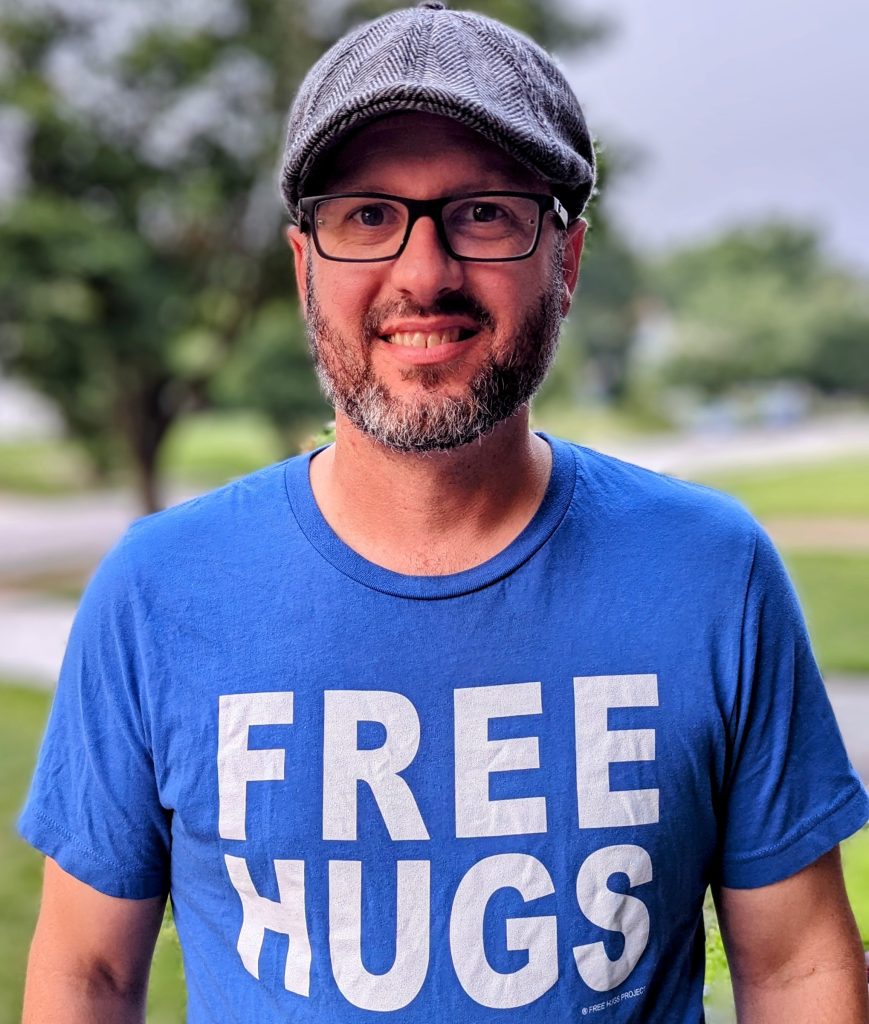
The main thrust of Atkins’ Council campaign is advocating for the basic needs of Boulder residents to be met. He says he will elevate the voices of people who haven’t been listened to, and will work to address their needs. We think he’s capable of this because he represents that demographic as a paraeducator and someone living in what he calls “insecure” housing.
His policies mirror those priorities. If elected to Council, he says he will prioritize housing solutions like establishing safe outdoor spaces with wraparound services, creating a homeless shelter with 24/7 services and ending encampment sweeps. Atkins is also focused on increasing the affordable housing stock, which he plans to do by simplifying permitting processes and advocating to change land-use codes to allow more multi-family housing to keep artists, teachers, medical workers and other blue-collar workers in town.
Finally, he says he will support increasing the minimum wage to reflect Boulder’s high cost of living, and launch a full-time direct-cash assistance program following the end of the Elevate Boulder pilot program, an initiative he helped envision as a member of its task force. These policies, he says, will “make Boulder livable for everyone and reduce the cycle of homelessness.”
Atkins has rented in Boulder for the last seven years, and has two kids. We think voting him onto the City Council will give support to those who need it most.
Ryan Schuchard
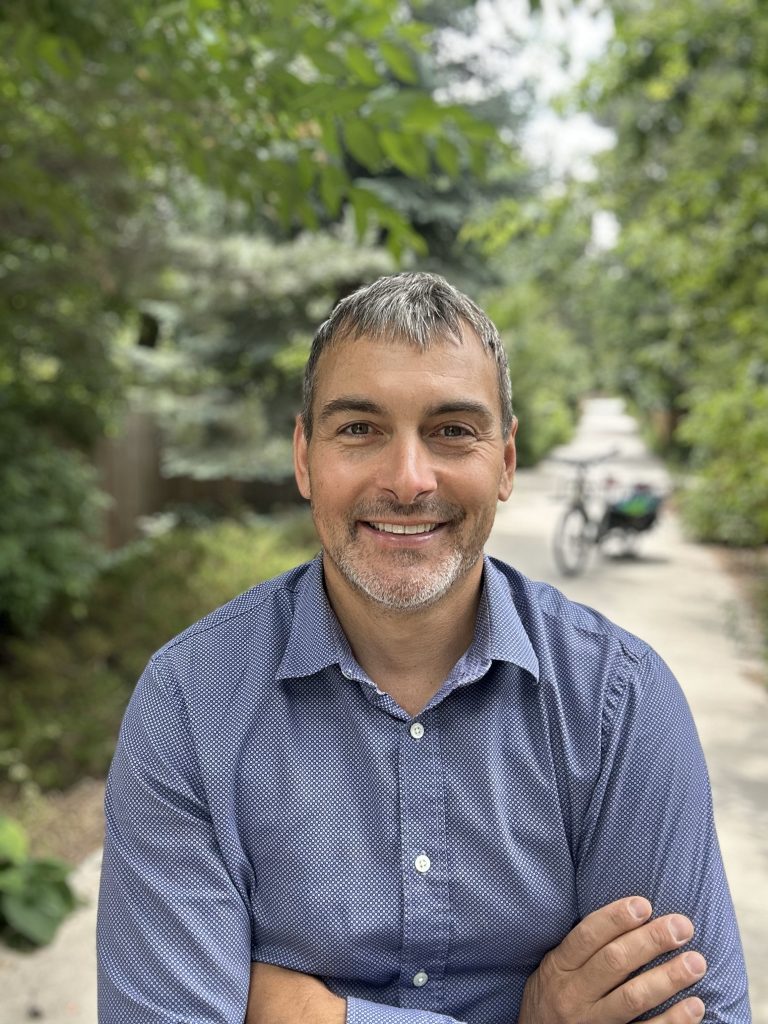
Schuchard incorporates climate action into his policies perhaps more than any other candidate. At an arts and culture forum at the Dairy Arts Center on Sept. 26 that featured awkward performances, rhymes and jokes from candidates, Schuchard spoke candidly about how climate action might be inspired by the arts — something we need dearly.
Schuchard brings experience in the climate space, both in government and private entities, that inform his robust, justice-centered policies. We think he has concrete ideas that will move the needle when it comes to environment, like developing a centralized team to learn more about Boulder’s vulnerabilities and create a more holistic plan moving forward, identifying and overcoming obstacles to the City’s Climate Action Plan through passing targeted ordinances, and starting a process for Council that will bring climate risk and opportunity to day-to-day agendas.
He’s also an appointed member of the City’s Transportation Advisory Board, where he’s helped advise City Council and staff on community transportation, launch the Core Arterial Network bikeway system and advocate for the e-bike incentive program. We think his experience on this board gives him a headstart on understanding the City’s bureaucracy.
He takes a nuanced approach to homelessness by wanting to keep sidewalks clear while increasing non-police responses and creating more places for people to shelter. He also brings ideas to the table like building more public toilets and other amenities to keep people healthy and parks clean.
We think Schuchard’s experiences in the Peace Corps, and in business, climate, transportation and public service spaces give him the tools to make a difference on the Council.
Taishya Adams
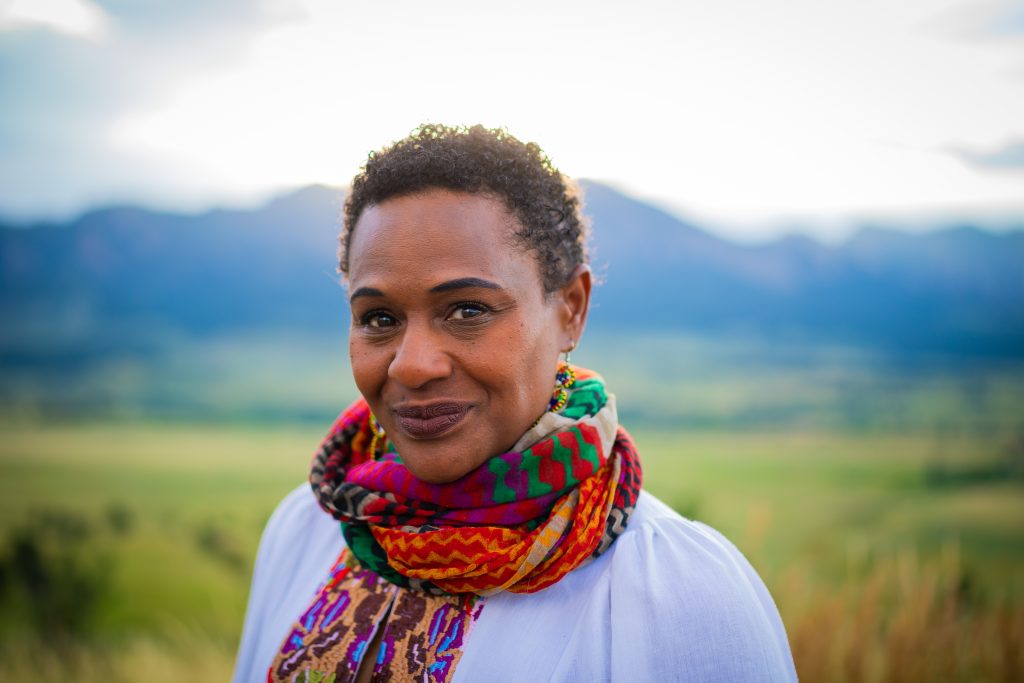
Adams is a self-described educator, environmentalist and social-justice advocate who has lived in Boulder for more than a decade. She has extensive experience on environmental boards and councils, recently serving as a Colorado Parks and Wildlife commissioner and a member of Boulder’s inaugural Police Oversight Panel (POP) that increases the community’s involvement in police supervision.
Adams is the most vocal candidate for social justice and equity. When asked if she supported ballot measure 2A (0.15% sales and use tax extension) at a candidate forum, she vehemently opposed, saying the regressive nature of sales and use tax puts too big a burden on folks with lower budgets. While we support 2A (see pg. 18), we appreciate Adams’ thinking. And, as a woman of color, she would bring a lived experience to council that we think is desperately needed. Adams has the professional experience, skill and connections that will help her represent other historically marginalized people who call Boulder home. Adams’ service on POP is an example of that work and priority already in motion.
She champions herself as an environmental advocate, which her policies reflect. Balancing growth with climate resiliency and biodiversity restoration is one of her priorities, and she wants to do so by collaborating across government agencies, businesses and community members. But she wants to accomplish those goals with equity top-of-mind. For example, while she calls for more e-bike investments, she is critical of the recent e-bike incentive program, saying “a $500 rebate on a $1,200 bike will not meet the needs of our multigenerational/large families, families with children at different schools and multiple jobs, or people with disabilities.”
Without diving into Adams’ takes on affordability and homelessness (which resonate with us), we think her voice and experience is critical for the City Council.
Tara Winer
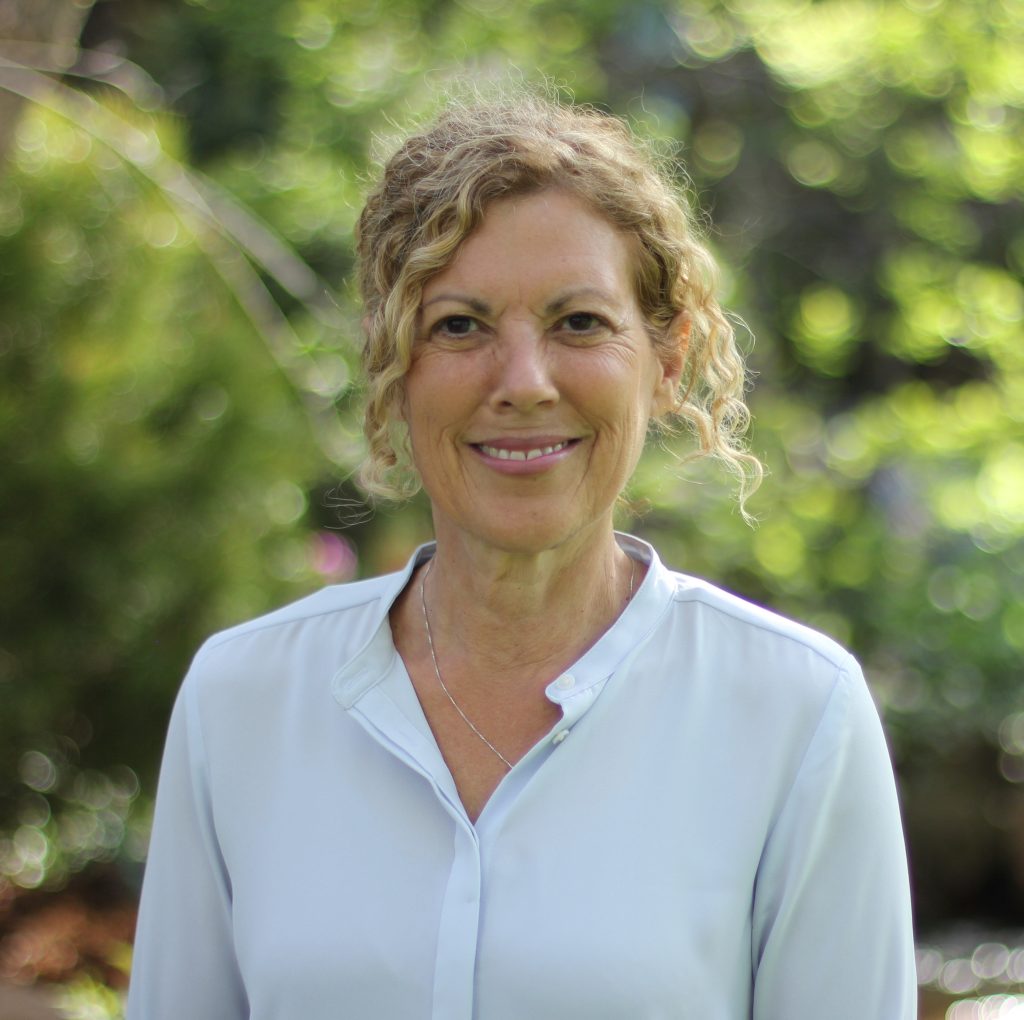
Winer is the only incumbent running to retain her seat on City Council. She won the Council’s fifth spot in 2021, which netted her a two-year term. Boulder Weekly did not endorse Winer in her inaugural campaign.
Prior to her seat on Council, Winer was a small business owner for more than 25 years. In the decade-plus since she moved to Boulder, she’s been involved in advising positions all over the city, including roles on the Chautauqua Access Management Plan Community Working Group, Capital Tax Renewal Advisory Committee, Boulder Urban Renewal Authority Board and the Downtown Boulder Community Initiatives Board.
One thing is for certain: Winer isn’t afraid to get out in the community. She’s vocal about how much she listens to community members and seeks resident input by going door-to-door and giving out her number to all constituents.
That strategy helps her meet folks across the aisle. While she didn’t say directly in her answers to our questionnaire or on her website if she supports the Safe Zones 4 Kids ballot measure, she wrote on her website that “we must increase safety in the areas directly surrounding our schools, especially Boulder High School. I support enforcing the camping ban and enforcing a drug-free zone.” At the same time, Jennifer Livovich, a formerly unhoused community member who has founded two local homelessness advocacy nonprofits, endorses Winer, according to the candidate’s campaign website.
Serving two years on Council also gives Winer an understanding of systems and processes. She has good ideas on how to tackle big topics like affordable housing and homelessness while also focusing on “easier-to-solve” problems like fixing potholes and adding lighting to bike underpasses.
While Winer might lean more on the conservative side for Boulder Weekly’s taste, a representative council needs folks who hear both sides. We think that’s what Winer brings to the table.
Clarification: While Tara Winner’s website does not include an official endorsement of Safe Zones 4 Kids, the candidate confirmed her endorsement of the measure in an email to Boulder Weekly after publication.
Ballot Issues
Ballot Issue 2A: City Sales and Use Tax Extension (TABOR)
FOR THE MEASURE
AGAINST THE MEASURE
This ballot measure proposes allocating $3.6 million annually to support arts and culture by extending an existing 0.15% sales and use tax. All of the dollars collected by that tax as it’s written right now, estimated at $7.2 million, go to the City’s general fund to support a variety of items including fire and emergency response, homelessness solutions and human services. It’s set to expire at the end of 2024. The ballot issue at hand proposes to split the tax 50-50 between the general fund and a dedicated arts fund through Dec. 31, 2044.
Proponents of 2A highlight the lack of consistent and stable support for the arts community in Boulder, and say this tax extension is a way to change that. Organizations currently compete in a grant process capped at $50,000 a year. Melissa Fathman, executive director of the Dairy Arts Center, said at the Sept. 26 Council candidates arts forum that the arts community is a “delicate financial ecosystem that cannot exist without community support,” and that the Dairy currently cannot provide competitive wages for staff.
One reason people oppose the ballot measure is because sales and use tax are regressive, meaning people with lower incomes pay a higher proportion of their budget. About half of the City’s total revenue comes from sales and use tax.
This measure is a product of a compromise established by the City Council between the ballot petition, which sought to dedicate 100% of this tax’s revenue to the arts, and the measure from the City to renew the tax as originally written. Mayoral candidate and current Council member Nicole Speer says she doesn’t support the 50-50 tax extension compromise because it didn’t get the financial review process budget items typically encounter, and she wanted to see more opportunity for community engagement.
Two Council candidates, Taishya Adams and Silas Atkins, and one mayoral candidate, Speer, showed they did not support 2A at the arts forum.
While there will be fewer dollars from this tax going to the general fund if this ballot measure is passed, the formation of the library district means the City has $5 million of unallocated dollars to play with and therefore won’t have to cut any programs, like much-needed housing and human services, previously funded by the tax. And, while it has yet to be approved, the 2024 recommended City budget proposed allocating more than $2 million more to human services compared to the actual 2023 budget (“Now you know,” Sept. 21, 2023), showing us the City is prioritizing that major community need.
If 2A isn’t passed this November, the 0.15% tax won’t expire until the end of 2024, meaning next November could be another opportunity to extend it. Boulder Weekly knows the power and widespread impact of the arts, and we want to see this community, which is known for its art and culture, put its money where its mouth is and support these important organizations and artists.
Ballot Question 2B: Elections Administrative Charter Cleanup
FOR THE MEASURE
AGAINST THE MEASURE
This question looks to expedite some City processes related to petitions to get measures on upcoming ballots. For example, in the year of our lord 2023, there is absolutely no reason for people to sign a petition in front of the city clerk to support a mayoral or Council candidate. The measure also looks to:
• Clarify that state law governs the process for charter amendments;
• Change the timing provisions of filing a petition to 160 days before an election instead of 150 days;
• Change the number of days the city clerk has to approve a petition from 10 days to 15 days, and
• Change the number of days the city clerk has to verify petition signatures from 10 days to 15 days
Some of these adjustments give more time to the public or to the city clerk, and while some might gripe over potentially slower City processes, we support it.
Ballot Question 302: Safe Zones 4 Kids
FOR THE MEASURE
AGAINST THE MEASURE
A group of parents launched the Safe Zones 4 Kids ballot initiative in October 2022 in response to “the increasing amount of criminal activity occurring around Boulder schools and pathways.’’ If passed by voters this November, the City’s Safe and Managed Public Spaces (SAMPS) team (supported by the Boulder Police Department) will give higher priority to the removal of tents, propane tanks and other prohibited items on City property within 500 feet of schools or 50 feet on both sides of any multi-use path or sidewalk.
Boulder Weekly strongly opposes Safe Zones 4 Kids. While the measure purports to protect children, it does nothing more than further criminalize homelessness and attempt to hide Boulder’s growing unhoused population. The priority areas laid out in Safe Zones 4 Kids “would not add to Boulder’s enforcement toolkit,” the City states on its website, “because camping is already banned near schools and in all other public spaces” through Boulder’s citywide camping policy enforcement.
The City already prioritizes removing a person or property, without notice, when a City street or multi-use path obstruction creates “potential for an accident or harm to other path users.” The City also allocated $1.3 million to its Safe and Managed Spaces program in 2023 to add an additional “encampment management” team to conduct “sweeps” that remove people experiencing homelessness from public spaces.
Rather than shuffling people from one place to the next with stricter enforcement policies, homelessness advocates, like Boulder nonprofit Feet Forward, say the City needs more options and resources to mitigate the rise of unmanaged mental health and addiction rates in the unhoused community. In an attempt to address these issues, City Council is working to establish a day shelter and addiction recovery centers through Project Recovery.
It’s clear homelessness is getting worse in Boulder. The 2023 Point-In-Time Count in Boulder County, which captures a snapshot of the number of people experiencing homelessness on a single night in January, recorded more than 800 total unhoused individuals, with nearly 250 sheltered. The previous year’s total count was just more than 450. Colorado ranks in the bottom five states nationally in prevalence of mental illness (including substance use disorder) and access to care, according to Mental Health America.
But Safe Zones 4 Kids is not an answer. It’s poorly constructed legislation that reinforces the compassionless concept that homelessness is a crime that can be policed away.














